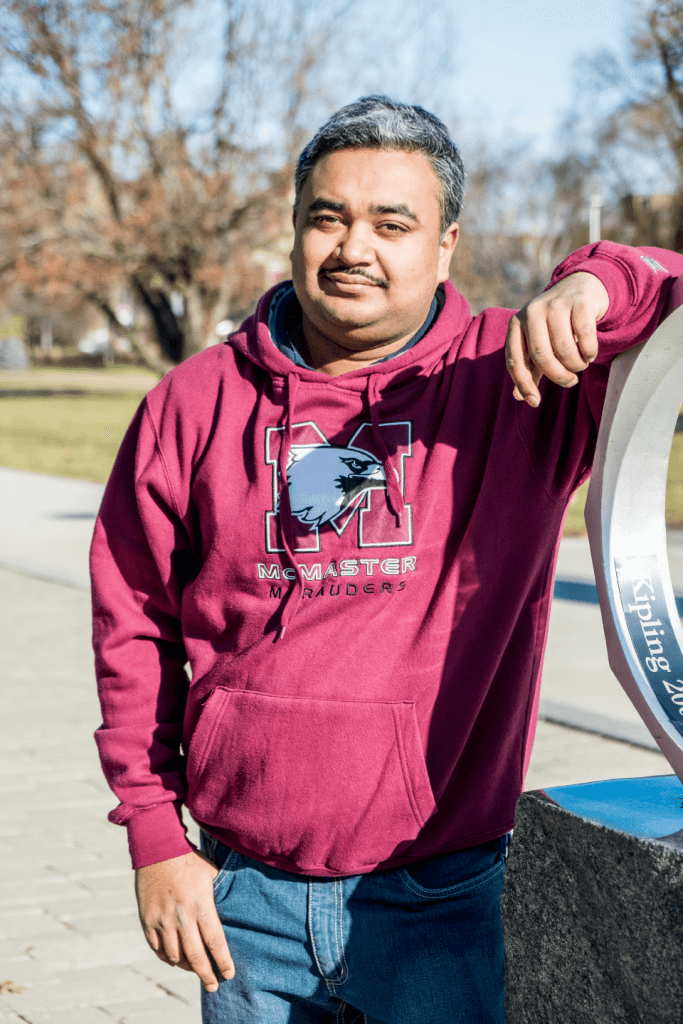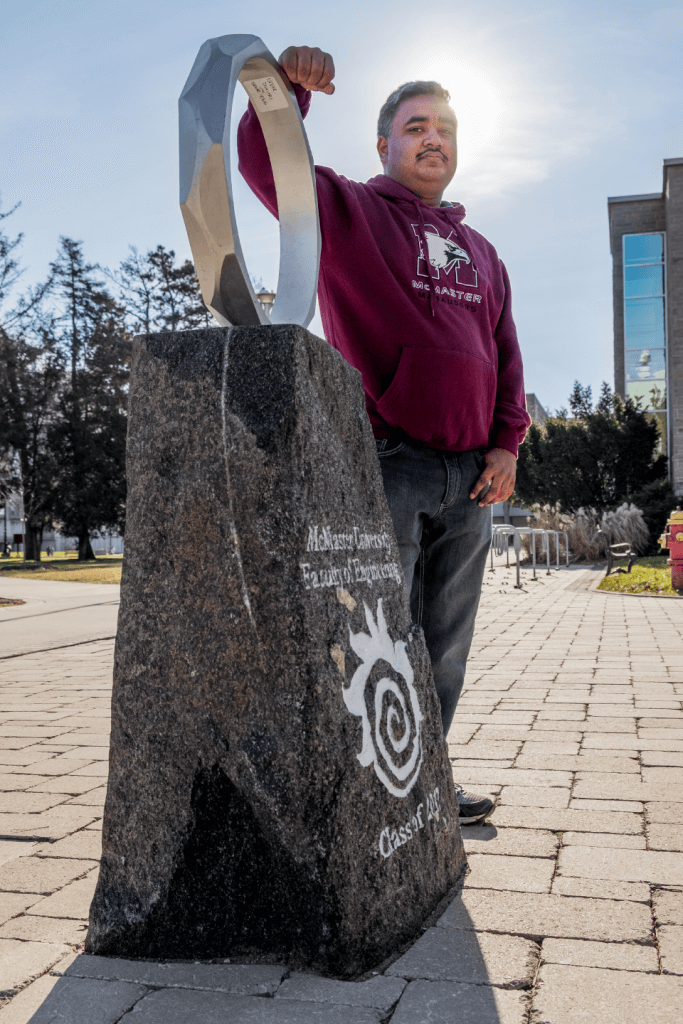1. Can you share an example of a time something really unplanned or unexpected happened and how did you handle it?
There are two things in my life that are really unplanned. One is when I was an undergrad student in my home country, the other is when I was doing my Master’s degree at McMaster University.
There is a policy in my home university where they hire the top one student in the department as a lecturer after they graduate. I was the top one student in both third and fourth year and was expected to be a lecturer; however, when I graduated, it was the first time in the history of my home university that they decided not to hire the new staff because of decreasing funds. Everyone was shocked because it was like a 100% sure thing and who even thinks of a second plan for a sure thing? It was definitely life-changing. I ended up being a lecturer in another university, but my wedding ceremony got delayed for eight months. I needed time to adjust to the new university and environment.
The lesson I learned was making sure you always have a second plan. This helped me a lot when I met the second unexpected thing in my life: doing my Master’s with my supervisor. The supervisor wanted me to work on a machine with little information and no one even knew how to start it. After a few months, I realized this main project was not going to work for the Master’s. I talked with the supervisor about changing the topic, but he refused. So I started to work on a side project along with the main one. It showed great results and I showed it to my supervisor. He allowed me to change the topic without any hesitation and even provided the opportunity to do Ph.D. with him to continue doing the same thesis. One thing I learned from this experience is keeping your eyes open to explore opportunities. When you are met with something unexpected, be patient and learn something different.
2. Have you ever experienced a time when you felt there was a barrier in your way? How did you manage it?
The biggest barrier for me was the difference between my home university and McMaster University in an academic way. When I started to study here, I realized how different it was. The ways to conduct research, the structure of teaching and learning and culture differences were big concerns. Also, it was a new country, new language and new people. So what I did was interact with different people to manage these barriers. Whenever I saw people working on a machine that I don’t know in the same lab, I went to them and asked them if they needed a hand. That’s the moment I started to talk with people, shadowing them and learning from what they were doing. People were happy to take me because they had one more person to help and discuss. After a while, I not only broke the language barrier but also learned how to use each machine in my lab. I can proudly say that I am the only person who knows all the machines other than staff. Plus, the people I spoke with became my friends.
3. What are some of the changes or risks you have taken that you are glad you took? Why?
The biggest risk was coming here – Canada. This was a huge risk for me because I gave up a stable life and left my family in my home country. I got hired by my home university one year later after I graduated. My home university is one of the top universities in the Middle East, so the job was well-paid and secure. I came to McMaster alone and left my wife and newborn son. I only got to see my son when I was done my Master’s degree, which was two years later. The reason I wanted to come here to study is that I am passionate about mechanical engineering. Manufacturing and funding opportunities are very limited in Bangladesh. I may need to change fields to do something else in my home country.
4. What do you find most exciting when you think of your future?
I am very excited about the opportunities and choices that are there for me. After doing my Ph.D., I can go into the Canadian industry for two to three years or go back to my home country as a faculty member.
Always learn from mistakes. When time goes by, you can see more choices in your life. If you only focus on what you already know, you will never learn new things.


About Sharif
Sharif did his Master’s in Mechanical Engineering at McMaster as an international student and is currently completing a Ph.D.
Learn more about The Planned Happenstance Project.